Troubleshooting Common Moving Head Light Problems
- Troubleshooting Common Moving Head DJ Lights Problems
- Overview: Why moving head dj lights need special troubleshooting
- 1. Power Problems with moving head dj lights: Symptoms, causes, and immediate checks
- 2. DMX and control issues for moving head dj lights: Solve signal and addressing problems
- 3. Pan & tilt jitter and calibration in moving head dj lights
- 4. LED module, dimming and color problems in moving head dj lights
- 5. Optics, focus, and gobo issues with moving head dj lights
- 6. Overheating, fan noise, and thermal shutdowns in moving head dj lights
- 7. Firmware, software, and configuration problems with moving head dj lights
- 8. Quick-reference troubleshooting table for moving head dj lights
- 9. Tools and spares every technician should carry for moving head dj lights
- 10. Preventive maintenance plan for moving head dj lights
- 11. When to repair vs replace moving head dj lights
- 12. LQE company profile and why LQE moving head dj lights matter to your productions
- 13. LQE core products and competitive advantages related to moving head dj lights
- 14. Final tips: Safe field practices when troubleshooting moving head dj lights
- FAQ — Frequently Asked Questions about moving head dj lights
- Q1: My moving head dj light loses position after a power cut. What should I do?
- Q2: How do I tell if DMX cabling is the problem?
- Q3: Can I clean optics myself?
- Q4: Is firmware update necessary for reliable operation?
- Q5: What spares should I keep for touring with moving head dj lights?
- Contact LQE — Support and products
Troubleshooting Common Moving Head DJ Lights Problems
Overview: Why moving head dj lights need special troubleshooting
Moving head dj lights are compact, feature-rich fixtures designed for dynamic shows. Their complexity—combining LEDs, motors, optics, electronics, and control protocols—means problems can arise from different subsystems. This guide focuses on practical, safety-first troubleshooting steps you can use to diagnose and repair the most common situations quickly, minimizing downtime for shows.
1. Power Problems with moving head dj lights: Symptoms, causes, and immediate checks
Symptoms: fixture won’t power on, intermittent shutdowns, blown fuses, or visible smoke/odor. Typical causes include loose power connections, faulty power cables, tripped breakers, internal PSU failures, or improper AC input.
Quick checks and fixes:
- Confirm mains voltage and frequency match the fixture rating. Use a reliable multimeter. Some fixtures have universal power supplies—others do not.
- Inspect power cabling for damage, broken pins, or loose PowerCON/IEC connections. Replace suspect cables.
- Check any inline fuses or circuit breakers on the fixture. Replace fuses only with the same type and rating.
- Test the fixture on a known-good power source. If it still fails, open the fixture only if you are qualified and the unit is out of warranty; otherwise contact the manufacturer or service center.
- Look for signs of overheating or capacitor bulging inside the PSU—these require professional repair.
2. DMX and control issues for moving head dj lights: Solve signal and addressing problems
Symptoms: fixture does not respond to DMX, responds erratically, multiple fixtures act the same, or fixtures are in the wrong address. Causes usually include wrong DMX address, bad cable wiring, incorrect protocol (sACN/RDM confusion), or termination/grounding issues.
Troubleshooting steps:
- Verify the DMX address on the fixture matches the controller output. Many fixtures let you cycle a display to show current address.
- Check DMX cabling. Use a known-good DMX cable and ensure pins 2 (data-) and 3 (data+) are intact; pin 1 is common ground. Avoid using microphone cables as DMX is a low-impedance 120-ohm system.
- Use a DMX tester or another working fixture downstream to verify the controller is outputting signal.
- Enable DMX termination on the last fixture in the chain if flicker or data loss occurs. Also check ground loops and avoid running DMX next to heavy power cables.
- If using RDM or network protocols (sACN/Art-Net), ensure fixture firmware supports them and the controller settings match.
3. Pan & tilt jitter and calibration in moving head dj lights
Symptoms: jitter, delays, inaccurate positions, or one axis not moving. Causes include motor wear, encoder failure, mechanical obstruction, or lost home position after power loss.
Practical fixes:
- Power cycle the fixture and run the auto-calibration or homing routine (often accessible via the fixture menu). Many fixtures will re-learn limit switches and encoders.
- Listen for grinding or skipping sounds—these suggest mechanical wear or debris in gear tracks. Clean and lubricate according to manufacturer guidelines.
- Inspect slip rings and cable harnesses in the yoke for damage or entanglement.
- If an encoder or motor is failing, replacement parts may be required. Contact your supplier or authorized repair center for genuine spares.
4. LED module, dimming and color problems in moving head dj lights
Symptoms: LEDs flicker, one color channel is dim or off, color mixing is inconsistent, or overall output is low. Causes include failing LED driver, overheating, poor solder joints, or degraded LED emitters.
Troubleshooting steps:
- Check fixture ventilation and fan operation—overheated LEDs may reduce output automatically.
- Use the fixture's built-in test patterns to isolate the problem to specific LED channels.
- Measure voltage to LED arrays if you are qualified—driver failures often show abnormal voltages.
- Replace LED modules or drivers with manufacturer-approved parts. Do not mix LED modules from different batches without ensuring color consistency.
5. Optics, focus, and gobo issues with moving head dj lights
Symptoms: blurry beam, misaligned gobos, or a stuck gobo wheel. Causes are dirty lenses, misaligned optics after a drop, or a seized gobo wheel motor.
Fixes and preventive care:
- Turn off and cool the fixture before cleaning. Use compressed air and lint-free cloths with isopropyl alcohol sparingly to remove dust and fingerprints.
- If focus or gobo alignment is off, check the optical assembly screws and retighten gently if loose. Do not force alignment if internal positioning hardware is damaged—seek professional service.
- If a gobo wheel is stuck, inspect the drive gear and motor. Lubrication or motor replacement can resolve the issue.
6. Overheating, fan noise, and thermal shutdowns in moving head dj lights
Symptoms: fixture shuts down during a show, fans run loud, LED output reduces. Causes include blocked airflow, clogged filters, failing fans, or ambient temperature exceeding rated limits.
Troubleshooting and solutions:
- Ensure fixtures are installed with adequate clearance from walls or other fixtures for ventilation.
- Clean fan intakes and replace or service fans exhibiting excessive noise or failure.
- Verify the fixture is being used within its ambient temperature rating. Move fixtures to a cooler location if necessary.
- Consider using fixtures with higher IP/thermal ratings for enclosed or hot installations (e.g., waterproof or ruggedized models for outdoor events).
7. Firmware, software, and configuration problems with moving head dj lights
Symptoms: unusual behavior, new bugs after updates, or compatibility issues with DMX controllers. Causes include incomplete firmware updates, mismatched DMX profiles, or controller bugs.
Best practices:
- Always back up fixture settings before performing firmware updates. Follow the exact update steps from the manufacturer.
- Use the correct DMX personality (channel mode) for the fixture to match your controller patch.
- If an update fails, power cycle and retry from a stable power source. If the fixture becomes unresponsive, contact service for recovery procedures.
8. Quick-reference troubleshooting table for moving head dj lights
Use this table to map common symptoms to likely causes and quick fixes:
| Symptom | Likely Cause | Quick Fix |
|---|---|---|
| Does not power on | Bad power cable, blown fuse, PSU failure | Swap cable, check fuse, test known-good outlet |
| No DMX response | Wrong address, bad cable, no termination | Verify address, replace cable, enable termination |
| Jittery pan/tilt | Encoder/motor wear, obstruction | Run homing routine, inspect gears, service motor |
| Flickering LEDs | Driver failure, thermal protection | Check fans, test driver voltages, replace driver |
| Blurry beam | Dirty lens, misalignment | Clean optics, calibrate focus, seek service if needed |
Table data based on common industry troubleshooting practices and manufacturer support guidance (see sources).
9. Tools and spares every technician should carry for moving head dj lights
Recommended items:
- Multimeter, DMX tester, and cable tester
- Set of spare power and DMX cables (PowerCON, IEC, XLR)
- Fuses, fan spares, and a compact soldering kit for field repairs
- Small set of hand tools: hex keys, screwdrivers, pliers
- Compressed air, lint-free cloths, and isopropyl alcohol for optics cleaning
10. Preventive maintenance plan for moving head dj lights
Regular preventive maintenance reduces failures and extends fixture life:
- Monthly: run lamp/LED test patterns, clean external optics and housings, check cable condition.
- Quarterly: open accessible panels to clear dust from PCB areas and fans; check gear play and fastener tightness.
- Annually: full inspection including firmware updates, motor/encoder checks, and possible professional calibration.
11. When to repair vs replace moving head dj lights
Decision factors include age, repair cost vs replacement cost, availability of spare parts, and frequency of failure. LEDs have long lifespans, but worn mechanical parts (motors, gears, encoders) can justify replacement for older fixtures. Always consider downtime and safety—if a critical show depends on a unit, lean to replacement or spare swap rather than risky field repairs.
12. LQE company profile and why LQE moving head dj lights matter to your productions
LQE was founded in 2008 and is headquartered in Foshan, China. We are a professional OEM/ODM stage lighting equipment manufacturer specializing in the R&D, production, and sales of middle- and high-end digital stage lighting. Our production base covers an area of about 10,000 square meters, has the ability to produce 100,000 lighting fixtures annually, and has 80 national patents.
Our range of stage lighting equipment is diverse, including various moving head lights and static lights, suitable for applications in theaters, music concert stages, studios, broadcasting, religious spaces, exhibitions, nightclubs, leisure venues, theme parks, and more.
We are committed to providing first-class modern stage lighting equipment and exceptional customer service, all while maintaining the best value and cost-effectiveness in the industry. Our goal is to deliver high-quality, long-lasting lighting solutions that help stage designers and producers realize their vision.
Our vision is to become the world's leading manufacturer of LED stage lighting.
How LQE’s strengths help troubleshooting and reliability:
- In-house R&D and significant patent portfolio reduce design repeat failures and improve long-term supportability.
- Large production base and OEM/ODM capability ensure consistent spare parts availability and controlled component sourcing.
- Product range tailored to real-world installations, including models with robust cooling, IP options, and modular components that simplify field servicing.
13. LQE core products and competitive advantages related to moving head dj lights
LQE offers a broad product portfolio including Waterproof stage lighting, beam moving head light, Moving head hybrid light, Moving head wash light, moving head profile light, LED effect light, LED studio light, LED par light, Lighting accessories. Core competitive strengths include:
- R&D-driven designs with emphasis on thermal management and modular serviceability.
- High production capacity and quality control enabling consistent performance across units.
- Comprehensive warranty and technical support geared to professional users.
- Cost-effective manufacturing without sacrificing long-term reliability—ideal for venues and touring companies.
14. Final tips: Safe field practices when troubleshooting moving head dj lights
Always prioritize safety: disconnect power before opening fixtures, follow ESD precautions for PCBs, and use appropriate PPE when working at height. Keep firmware and product documentation to hand, log faults, and track recurring issues to inform replacement or upgrade decisions.
FAQ — Frequently Asked Questions about moving head dj lights
Q1: My moving head dj light loses position after a power cut. What should I do?
Run the fixture’s homing or calibration routine from the menu. If the problem repeats, check limit switches and encoder signals; a failing encoder can cause repeated loss of position.
Q2: How do I tell if DMX cabling is the problem?
Swap the suspected cable with a known-good DMX cable and check for restored control. Use a DMX tester to confirm signal and pin continuity. Proper termination at the end of the line also helps diagnose signal-level issues.
Q3: Can I clean optics myself?
Yes—once the fixture is powered down and cooled. Use compressed air for dust, and wipe lenses with a lint-free cloth and small amount of isopropyl alcohol. Avoid using household cleaners or abrasive materials.
Q4: Is firmware update necessary for reliable operation?
Firmware updates can fix bugs and add features, but they should be performed carefully with backed-up settings and a stable power source. Follow manufacturer instructions closely.
Q5: What spares should I keep for touring with moving head dj lights?
Essential spares include spare power and DMX cables, fans, fuses, a backup fixture or two, and a set of common replacement parts such as encoder modules or small motors if your fixtures use removable modular parts.
Contact LQE — Support and products
If you need further help diagnosing a problem or want to view robust, serviceable moving head dj lights, contact LQE customer service or check our product catalog. Our technical team can advise on compatible spares, firmware updates, and best-practice maintenance to keep your fixtures stage-ready.
Sources and
- Chauvet Professional Support & Knowledgebase — general fixture troubleshooting best practices.
- American DJ (ADJ) Product Support and User Manuals — DMX and electrical safety guidelines.
- USITT DMX512-A Standard — protocol basics and cabling recommendations.
- ETC (Electronic Theatre Controls) Technical Notes — mechanical and electrical maintenance practices.
- Philips Lighting (Signify) LED lifetime and thermal management guidance.
How to Choose the stage laser lighting manufacturer and supplier in us?
Beam, Spot, and Wash: Moving Head Light Types Explained
Top led par can stage lights Manufacturers and Suppliers
How to Choose the floor stage lighting manufacturer and supplier in us?
Distributor
Is there a minimum order quantity (MOQ) to become a distributor?
MOQ requirements vary based on the product line and market region. However, for long-term distribution partnerships, we are flexible and can start with a trial order to build trust.
1000w
Can I Have a Sample Order for an LED DJ Light?
Sure, sample order are welcome to test and check LQE quality. Mixed samples are acceptable.
Does LQE Offer a Stage Light Design Solution?
LQE experienced team glad to supply a stage lighting configuration design solution or suggestion for projector who don’t have much experience in lighting design, project, theatre and studio.
What Is the Warranty Offered by LQE Lighting?
LQE lighting offers a comprehensive 1-year warranty and spare parts on its products, giving customers peace of mind and investment protection.
What Kind of Certificates You Offer?
All kinds of certificates could be offered by LQE digital moving light factory, which depends on customer’s required, different pricing plan for different approval.
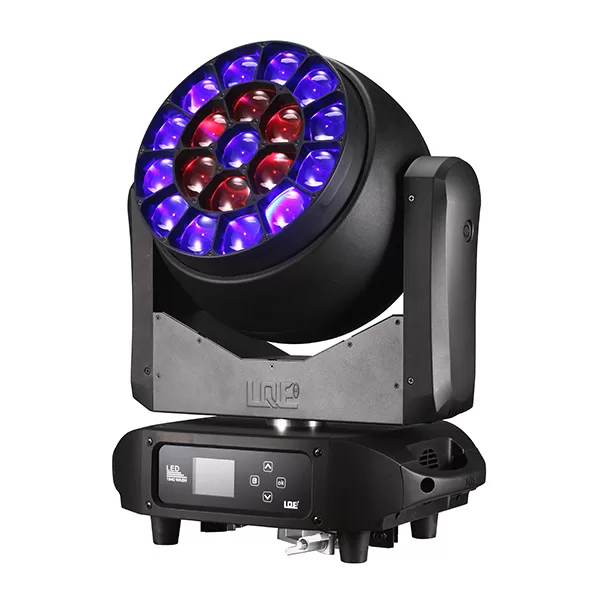
600w 19x40w RGBW Stage Moving Head Wash Light LW600 Zoom IP20
600W 19x40W LED RGBW Mulichips Moving Head Wash Lights with Zoom (5°–50°), Covering Large Range and Long Distance. IP20: Designed to deliver a 5°–50° ultra-large zoom range to achieve a greater wash effect, illuminating stages and events with stunning ring control lighting effects.
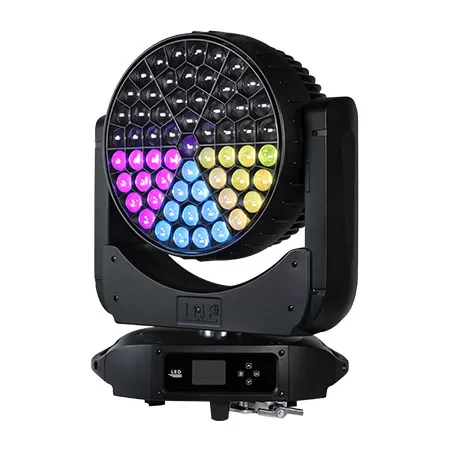
1000w 61x40w RGBW Stage Moving Head Wash Light LW1000
1000W 61x40W LED RGBW Mulichips Moving Head Wash Lights with Zoom (5°–50°), Covering Large Range and Long Distance. Designed to deliver a 5°–50° ultra-large zoom range to achieve a greater wash effect, illuminating stages and events with stunning lighting effects.
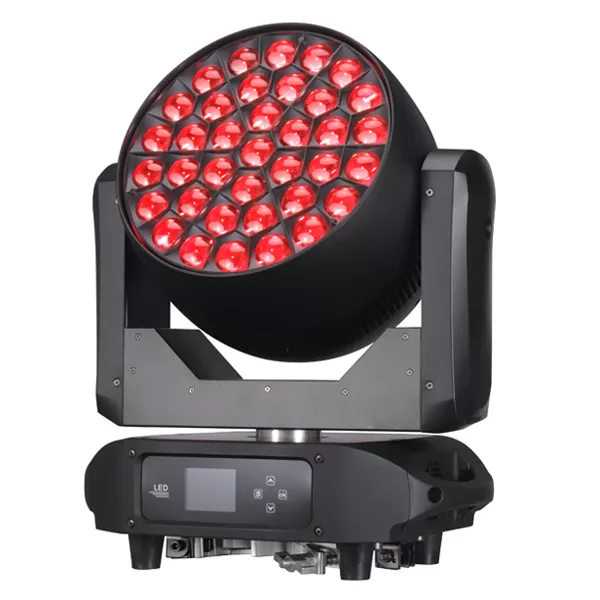
800w 37x40w RGBW Stage Moving Head Wash Light LW800
800W 37x40W LED RGBW Mulichips Moving Head Wash Lights with Zoom (5°-50°), Covering Large Range and Long Distance. Designed to deliver a 5°–50° ultra-large zoom range to achieve a greater wash effect, illuminating stages and events with stunning ring control lighting effects.
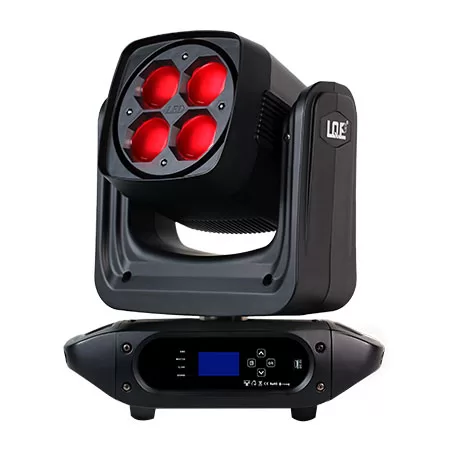
LED Moving Head Stage Wash Light LW200Z
The versatile moving head stage light provides a powerful lighting solution for theaters, concerts, and large outdoor performances. Suitable for theaters, TV stations, entertainment stages, and large outdoor performance scenes.

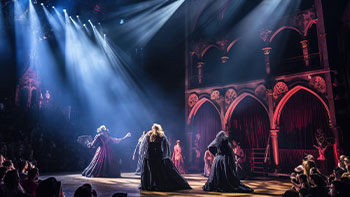
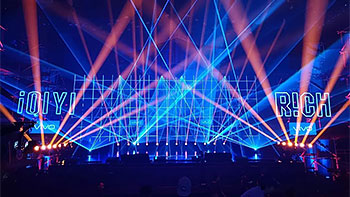
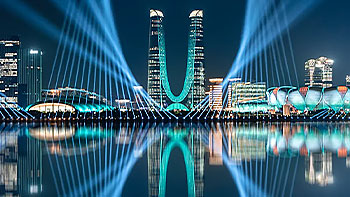
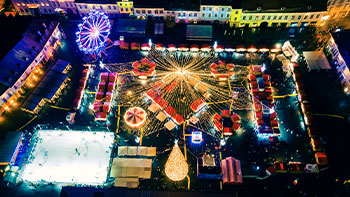
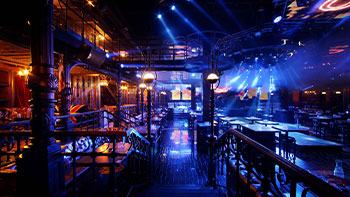
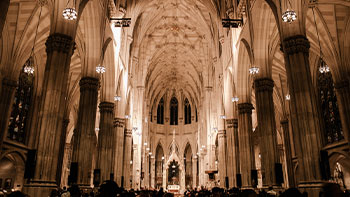






Linkedin
YouTube
Whatsapp: +8618924548390
TikTok